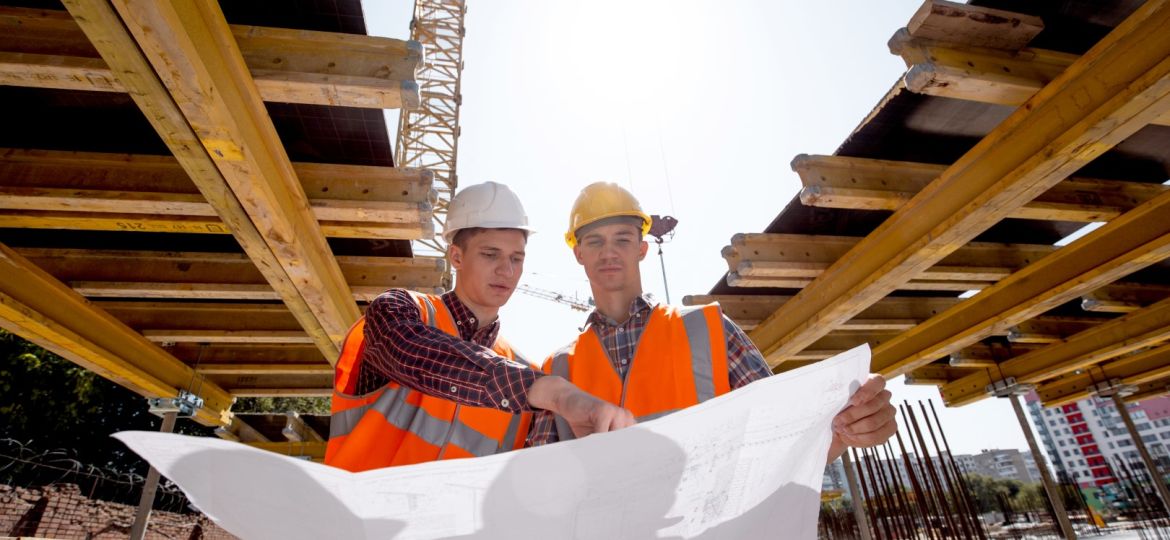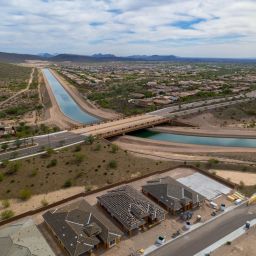Navigating construction law in Arizona requires a sharp eye for detail—especially when it comes to understanding the legal differences between public and private projects. At Degnan Horne, we help contractors, developers, and property owners confidently steer through these nuances to protect their rights and investments.
Procurement and Contracting Processes Vary Greatly
Arizona law imposes strict procurement rules on public construction projects. State and local entities must follow established bidding procedures. With Arizona Senate Bill 1054 now in effect, they may also choose alternative project delivery methods such as Construction Manager at Risk (CMAR), Job-Order Contracting (JOC), and Design-Build for public infrastructure projects through December 31, 2030.
In contrast, private projects tend to allow greater flexibility. Parties generally negotiate contract terms directly with fewer statutory restrictions, allowing more customized agreements tailored to project specifics.
Payment Timelines and Interest Rules Differ Sharply
Arizona’s Prompt Payment Act sets clear rules for both private and public construction projects—but the timelines differ significantly.
For private projects
Contractors receive progress payments if contracts exceed 60 days. Owners have 14 days to approve or reject an invoice; if they take no action, the law deems the invoice approved. After approval, owners must pay contractors within 7 days. Contractors then have 7 days to pay subcontractors after receiving funds or based on the subcontractor’s invoice date, whichever comes later. Late payments trigger 1.5% monthly interest, and courts allow prevailing parties to recover attorney fees and costs.
For public projects
Public entities must approve payment applications within 7 days, or the law automatically approves them. After approval, they must pay the general contractor within 14 days. They must also issue final payments within 60 days of formally accepting the project. General contractors must pay subcontractors within 7 days of receiving funds unless both parties agree to different terms. Late payments add 1% monthly interest, and courts may grant attorney fees and costs.
These differences underscore the importance of tracking deadlines meticulously and understanding which rules apply to your project.
Bonds, Liens, and Legal Remedies Vary
On private projects, contractors and suppliers often rely on construction lien remedies when payments are delayed or withheld. They can file liens (after satisfying notice requirements) to secure payment rights.
By contrast, public projects typically don’t allow mechanic’s liens against government-owned property. Instead, Arizona’s “Little Miller Act” requires prime contractors on public works to post performance bonds and payment bonds equal to the full contract amount. These bonds provide alternative sources for subcontractors and suppliers to recover unpaid sums.
Missing bond claim deadlines or misfiling notices can result in losing your right to payment entirely, making legal guidance essential for public work claims.
Risk Allocation and Dispute Resolution Options Shift
Public project contracts often come with rigid risk allocation and dispute resolution terms prescribed by statute. Contractors face mandatory compliance and may lack negotiation leverage on issues like design changes, delays, or unforeseen conditions.
On private projects, by contrast, risk allocation—including terms for project delays, design issues, and dispute mechanisms—is typically negotiable between parties, allowing more flexibility to manage project risks effectively.
Why These Differences Matter for You
Understanding these legal distinctions can mean the difference between getting paid—or losing rights altogether. At Degnan Horne, our construction law expertise in Arizona helps clients:
- Ensure compliance with complex statutes,
- Mitigate potential delays or disputes,
- Get paid on time, and
- Tailor strategies that protect their investments.
If you’re facing challenges on a public or private project—or simply want clarity on your rights—our team is ready to help.
Grow with Confidence in Arizona Construction Law
Degnan Horne serves as your trusted partner in construction law. Whether you handle public infrastructure or private developments in Phoenix, Scottsdale, Tempe, Mesa, or nearby counties, our team uses litigation experience and deep knowledge of Arizona statutes to protect your rights every step of the way.
We tailor legal strategies to your project type and goals. Don’t navigate complex laws alone—contact us today for personalized counsel and proactive protection.

















